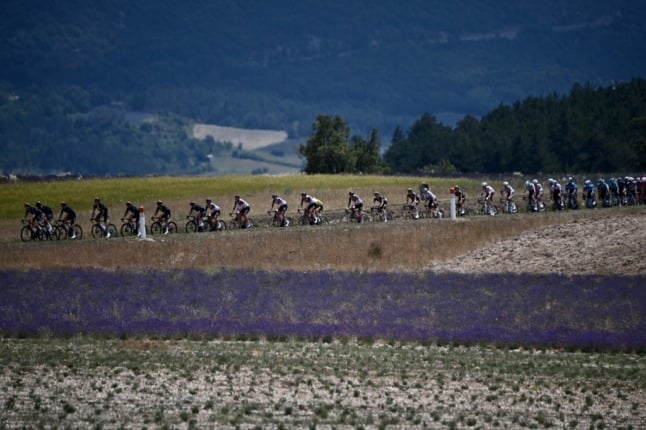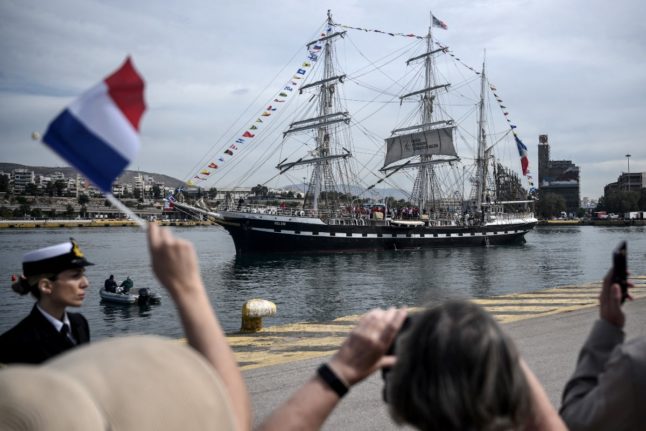The race will begin in Copenhagen and spend several days in Denmark crossing islands before riders will be transferred back to France for the race to continue from the north east of the country.
The French portion of the route begins in Dunkirk and then travels down the eastern side of the country, taking in the Alps before looping across southern France to the Pyrenees for more mountain racing.
🤩 Here is is, the 𝙤𝙛𝙛𝙞𝙘𝙞𝙖𝙡 𝙧𝙤𝙪𝙩𝙚 of the #TDF2022!
🤩 Voici le 𝙥𝙖𝙧𝙘𝙤𝙪𝙧𝙨 𝙤𝙛𝙛𝙞𝙘𝙞𝙚𝙡 du #TDF2022 ! pic.twitter.com/4eccacs9Ip
— Tour de France™ (@LeTour) October 14, 2021
It will finish as usual in Paris, with riders cycling up the Champs-Elysées on Sunday, July 24th.
The Tour usually includes at least one stage outside France, but Covid travel restrictions meant the 2021 race was held entirely in France, apart from a brief trip into the neighbouring micro-state of Andorra.
Copenhagen was originally scheduled to host the 2021 Grand Départ.
The race usually starts on a Saturday, but next year will begin on Friday, July 1st, in order to allow time for the rest days and transfer of all teams back from Denmark to France.
The full route is;
Stage 1 – July 1st
Copenhagen – Copenhagen – 13km (time trial)
Stage 2 – July 2nd
Roskilde – Nyborg – 199km
Stage 3 – July 3rd
Vejle – Sonderborg – 182km
Stage 4 – July 5th
Dunkirk – Calais – 172km
Stage 5 – July 6th
Lille – Arenberg Porte du Hainaut – 155km
Stage 6 – July 7th
Binche (Belgium) – Longwy – 220km
Stage 7 – July 8th
Tomblaine – La Super Planche des Belles Filles – 176km
Stage 8 – July 9th
Dole – Lausanne (Switzerland) – 184km
Stage 9 – July 10th
Aigle (Switzerland) – Chatel – 183km
Stage 10 – July 11th
Morzine – Megeve – 148km
Rest day – July 12th
Stage 11 – July 13th
Albertville – Col du Granon – 149km
Stage 12 – July 14th
Briancon – Alpe d’Huez – 166km
Stage 13 – July 15th
Bourg d’Oisans – Saint-Etienne – 193km
Stage 14 – July 16th
Saint Etienne – Mende – 195km
Stage 15 – July 17th
Rodez – Carcassonne – 200km
Rest Day – July 18th
Stage 16 – July 19th
Carcassonne – Foix – 179km
Stage 17 – July 20th
Saint-Gaudens – Peyragudes – 130km
Stage 18 – July 21st
Lourdes – Huatacam – 143km
Stage 19 – July 22nd
Castelnau-Magnoac – Cahors – 189km
Stage 20 – July 23rd
Lacapelle-Marival – Rocamadour – 40km (time trial)
Stage 21 – July 24th
Paris – Paris – 112km



 Please whitelist us to continue reading.
Please whitelist us to continue reading.
Member comments